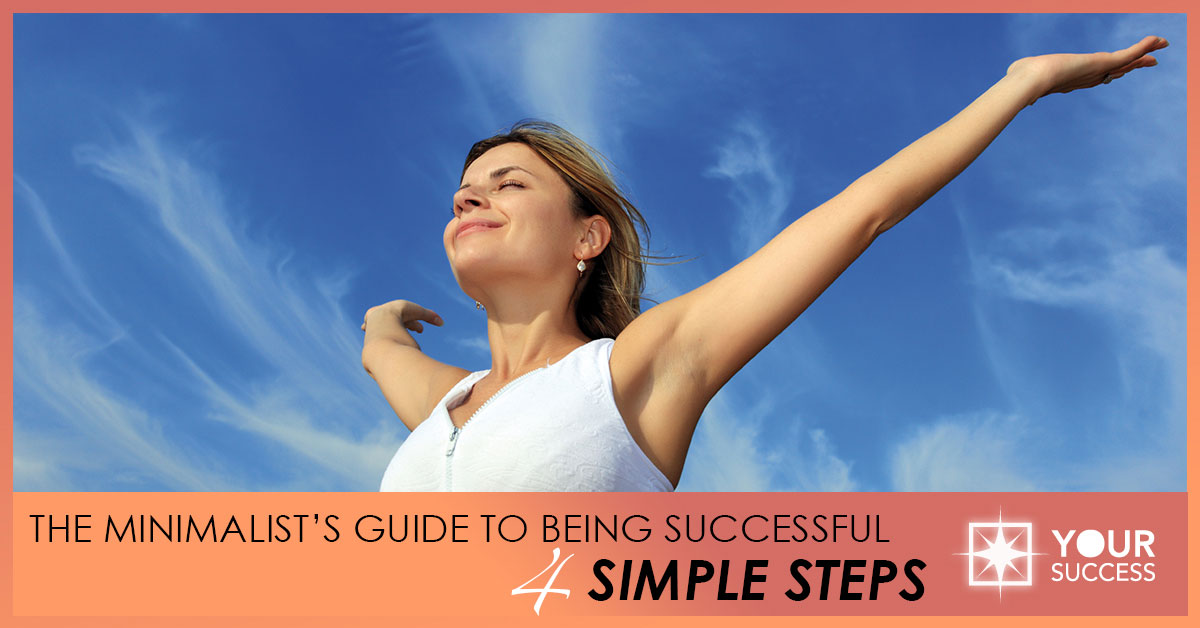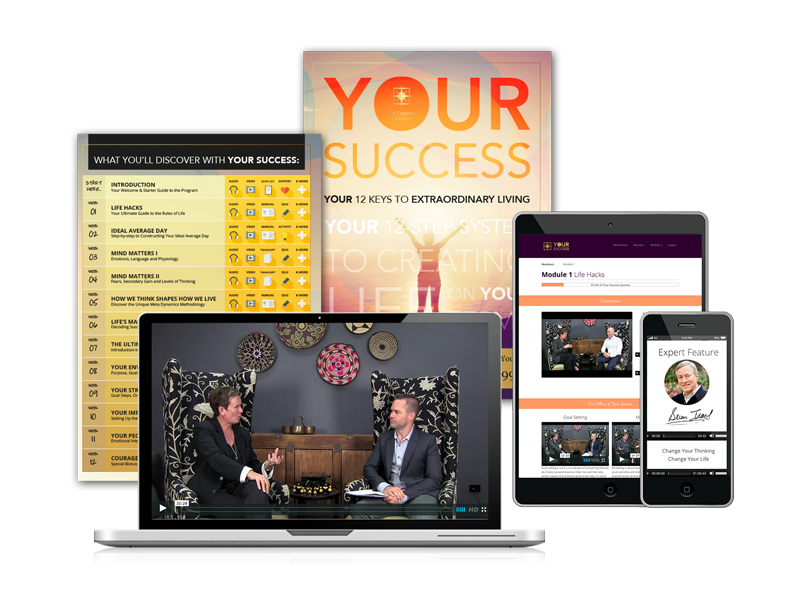
Can you recall a time when you had a “win” which should have been meaningful, yet you felt nothing?
I sure have.
Because success is a subjective term.
It means different things to different people.
For some, it is writing a bestseller book, focussing on the subjective feeling of satisfaction.
For others, it could be about meeting objective metrics such as making a million dollars a year or a job title.
Subjective success is a response to objective achievements. In other words, even though it may appear like you’re ticking off objectives, the drive is usually the feeling you get from achieving the goals.
For example, you may value a high salary and working for a prestigious company (your objective metrics), and enjoyment at work and connection with co-workers (as subjective metrics).
In your personal life, saving a good amount of money could be a measure of objective success. Subjective factors could be a happy marriage and providing for your children.
Whatever success means to you, it doesn’t have to be complicated. A minimalist’s guide does not mean you lower your expectations – it means you cut out the BS and focus only on what’s absolutely necessary.
Ready? Here we go.
The Minimalist’s Guide to Being Successful: 4 Simple Steps
1. What’s my outcome?
The Cheshire Cat was wise to say, “If you don’t know where you’re going, any road will get you there.”
The first question is obvious – what do you want? It’s setting the foundation of your goal. When answering this question, write it down on a piece of paper and make it SMART.
SMART stands for Specific, Measurable, Achievable, Realistic and Timely.
So rather than saying “I want to write a book”, say:
“I want to write a 200-page book on leadership using real-life metaphors by July 2017.”
Then tie in your “what” with your “why”.
Back when I started my marketing business, I didn’t know how to find clients, where to target my audience or how to build a social media following.
But all of that didn’t matter so long as I was connected to my “why”.
You have to become a child again – you ask “why” liberally. So I did the same. Why did I want to do this? Because two of my values were freedom and variety – a perfect synergy you can create in business. Plus, I loved the thrill of a challenge (get a website up and running, find new clients, convert them into paid clients and so on).
And why was that important to me? Because birthing a business gave me a feeling of accomplishment – I could see it taking a life right in front of me.
That was something.
Do this exercise: Ask why it’s important for you to achieve this outcome. Then “chunk it up” by asking “why” every time you get an answer, until you’re satisfied and feel pumped up to move to #2, which is…
2. What is the next best action to achieve this outcome?
Most people over-complicate this. They want to take massive action, but the enormity of the steps discourages them even before they can start.
Try “getting motivated”. It will work sometimes, but not always. Try setting humongous goals. You’ll almost always fail.
And I get it – it is hard. It gets overwhelming.
But here’s the thing: What if I told you even slow progress is progress? The most successful people take action in small steps.
Imagine a leaky faucet. It drips water everyday while you’re away at work. You don’t even realise it when you come home. Just as an experiment, plug up the drain before you sleep and see what happens in the morning.
If you leave it like that for a day, you’ll see more water sitting there in your sink. Keep doing it for a week and you have a bigger problem.
It’s the small things that make a difference, so better start focussing on the small steps that will soon add up and have a bigger impact.
Following that strategy, I’ve read 5x as many books as I used to. I know someone who wrote a book using small, consistent steps. And another who got in a great shape, lost extra kilos and built muscle in a few months.
The point? You can make more progress in a year with small steps as opposed to doing it all at once in five years (true story).
The question to ask is: Are you moving forward every day? Is you’re not, then why not? If you are, what strategies are working for you? Can you keep running that strategy consistently?
Because if you cannot consistently do something, you’ll eventually drain yourself. It’s not sustainable. And that’s what makes small, specific steps foolproof – it’s a sustainable strategy.
Some people are all gung-ho to set really high standards and do more, more and more. It’s not about having high (or low) standards – it is about setting standards that are right for you. You earn your standards – and when you do, you can notch it up by a level. You’ll know when it’s time; it won’t feel like a struggle.
3. Is my current strategy working?
The definition of insanity is doing the same thing over and over and expecting a different outcome. Running faster in the same direction isn’t going to cut it.
So if your current strategy isn’t working, then you need to reconsider your plan.
It’s about exercising your sensory acuity to determine the outcome of your plan. If things are not going the way you’d like them to, there is no point in putting your head down and working on it.
Take feedback from your environment, people you model, your results and objective/subjective factors of outcomes you’re getting at the moment.
Be flexible to apply this feedback and go back to #2 to devise a new strategy. Keep doing this until you’ve found a consistent strategy that works every time.
(Hint: Speaking of consistent strategy, small steps work. If you want to expand your vocabulary, read at least one article every day. There is no reason to not do it.)
4. Are my body and mind aligned?
According to Meta Dynamics™, which is based on NLP, physiology creates your psychology.
In other words, what you put in motion creates your emotion.
It’s simple – if you want to feel confident, you hold your head high, pull your shoulders back and tighten your abdominal muscles. You align your body language with your goal.
Your body language affects your success.
According to a study conducted by Kellogg School of Management in Northwestern University, posture expansiveness, or the opening up of the body in a way that you take space, activated a sense of power irrespective of their hierarchy in an organisation.
If you want to feel happier, try smiling in the mirror.
The only problem? It lasts for 60 seconds.
Then we slip back into our old habits. Bad posture, drooping shoulders – you know, the whole slump.
So how do you prevent yourself from doing the “usual”?
It goes back to starting small. Start a new habit around your physiology until it becomes second nature. You can create sticky notes as reminders or schedule a timer every hour to check-in with yourself. Get creative and find a strategy that works for you.
Remember, life isn’t about running on the hamster wheel, entering the rat race or doing more, more and more. You define your own success.
Go on, apply the above 4-step strategy in any area of your life – relationships, health, career, business, personal development.
Over to You
What did you think of the minimalist’s guide? Share your personal experiences and stories in the comments below.
Remember, do your best to share as much detail as you can because thousands of amazing readers come here for inspiration each week. Your story may just be what they need to have a breakthrough, overcome a negative thought or develop courage to achieve their goal.

